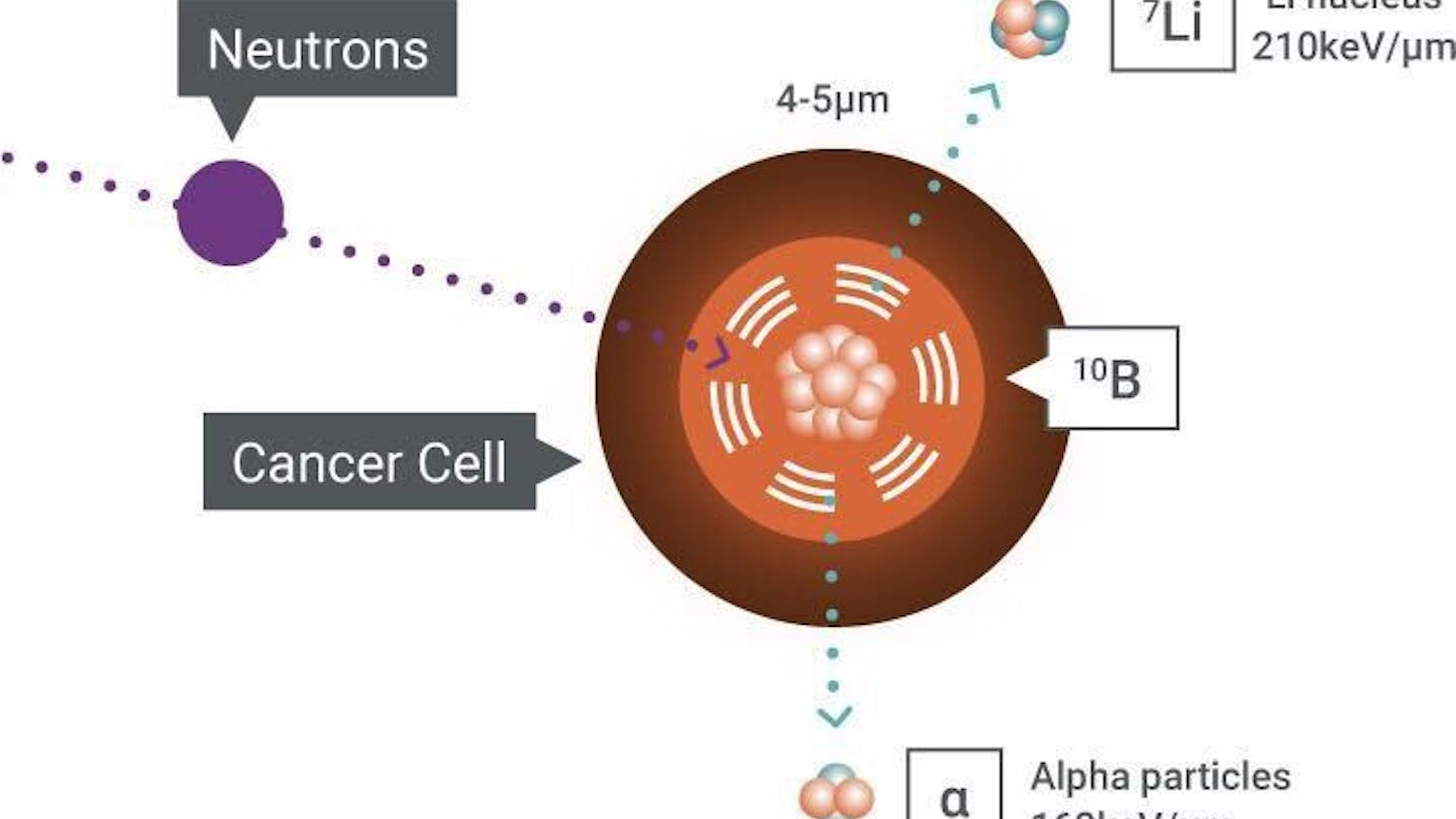UW-Madison’s scientific research has long been recognized as top-notch and paramount to the advancement of science, technology and medicine. UW-Madison is also home to some of the best scientists in the world. All of this, however, could be threatened by the Wisconsin legislature’s proposed ban on using fetal tissue for research purposes.
The use of fetal tissue has been an integral part of groundbreaking biomedical research for many years, and UW labs have been no exception. Fetal tissue is used to create cell lines, which are cell cultures that are genetically identical. These cell lines are used to study many different kinds of diseases, as well as to model human cell biology.
Fetal tissue cell lines are especially crucial to studying well-known conditions such as asthma, developmental disorders, cancer, epilepsy, heart failure and even a host of neurodegenerative diseases that include Alzheimer’s Disease and Parkinson’s Disease. They are also used to study the human immune system. Other uses of fetal tissue research include the testing of drugs, therapies and treatments before administering them to patients.
In response to the fetal tissue ban, the Wisconsin Alumni Research Foundation (WARF) has come out in opposition to the proposed bill. WARF plays a large role in supporting and funding UW labs and their research. As Jeanan Yasiri Moe, director of strategic communications at WARF, says, “The legislation would absolutely decimate biomedical research on our campus and perhaps others. From the standpoint of the kind of research that is performed here, we would potentially stand to lose some of the best scientists in the world at UW, and probably not just the researchers who use cell lines
and tissue, but also their equally talented colleagues would likely leave as well.”
The prevailing opinion on campus and at WARF is that biomedical research, and more specifically biomedical research that utilizes fetal tissue, uniquely contributes to the fight and effort against the earlier mentioned host of diseases. By limiting the research potential, the proposed bill could cause research in UW and in the entirety of Wisconsin to take a huge step back. Not only could this measure persuade scientists currently studying in UW to leave, but could also hinder future recruitment.
WARF and UW Health predict that the bill would cause UW’s competitiveness and status to suffer. In particular, the School of Medicine and Public Health and the Waisman Center would take the brunt of the blow. In addition to the effects on UW research, the proposed bill could largely impact Wisconsin’s economy and UW’s funding.
“[Our board of trustees] really believe the chilling effect [of the ban] would impact current and future research, and that would also really impact the state of Wisconsin, that the restriction of research would be devastating to Wisconsin’s effort to build a high-tech economy, and it would really send a signal that Wisconsin has a hostile regulatory environment,” says Moe.
In addition to this, the bill could potentially cause Wisconsin to lose a large portion of its $76 million in external research funding. Over 100 different labs on the UW campus depend on this external research funding, as well fetal tissue research to some degree. Of those 100, there are 14 campus labs that are approved to use fetal tissue and fetal cells. These 14 labs spent $11 million to $14 million. If the fetal tissue ban were to pass, much of that funding would be lost, and many UW labs could face serious challenges in continuing their research. The difficulty of receiving funding after the ban would severely handicap the campus and the state’s ability to innovate and advance.
The far-reaching economic and research consequences of the fetal tissue ban are extremely concerning to WARF and the UW research field. Without fetal tissue, the campus would experience loss in scientific, technological and economic resources.
Most importantly, many UW labs and labs across the state of Wisconsin would be unable to continue discovering new treatments and cures for patients suffering from disease.
“We’ve been trying to educate the public about that reality.”





